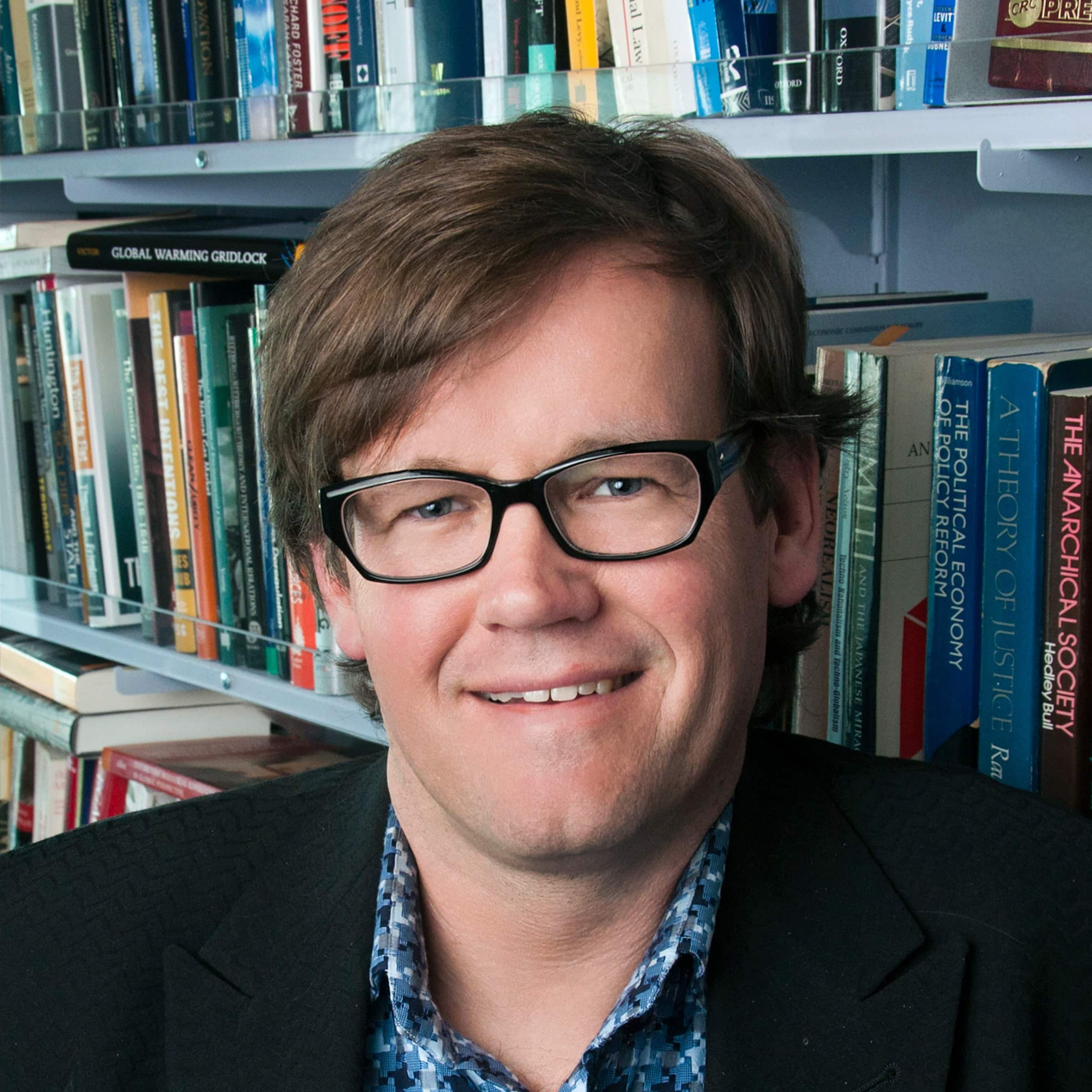- Back to all Speakers
- David G. Victor
Sessions With David G. Victor
Wednesday, 8 March
-
07:30am - 08:10am (CST) / 08/mar/2023 01:30 pm - 08/mar/2023 02:10 pm
Consumer Behavior: Shifting attitudes toward EV infrastructure
Increasingly EVs are hitting the market and new policies are making charging infrastructure a priority. Is range anxiety becoming outdated for the savvy consumer?
-
09:30am - 10:00am (CST) / 08/mar/2023 03:30 pm - 08/mar/2023 04:00 pm
Economic Growth, Climate Change and Investment Choices
Description to update on program and website (edited today, 2/26 by Atul): It is well known that energy consumption is inexorably linked to economic growth. However, even after decades of economic growth, citizens around the world, particularly in Africa and Asia, remain impoverished economically and in their energy use. In 2020 the average annual per capita energy supply of about 40 percent of the world’s population (3.1 billion people, which includes nearly all people in sub-Saharan Africa) was no higher than the rate achieved in both Germany and France in 1860 (Vaclav Smil, 2022). Funding for climate mitigation and adaptation remains woefully inadequate and developed countries have yet to meet the $100 billion/year commitment to developing countries first made in 2009 while billions of dollars are being invested by the US and EU to deploy clean energy technologies domestically. In this conversation we will discuss what is the realistic pace of transition in developing countries, how to accelerate climate finance and technology transfer to emerging economies. -
02:30pm - 03:00pm (CST) / 08/mar/2023 08:30 pm - 08/mar/2023 09:00 pm
The Current State of Climate Change
Energy Transition/Climate & Sustainability2022 Emissions Gap Report issued by the UN in October 2022 highlighted that policies currently in place point to a 2.8°C temperature rise by the end of the century. Implementation of the current pledges will make only a negligible difference. Extreme heatwaves, drought and devastating flooding have affected millions and cost billions in 2022—those least responsible for climate change are suffering the most—as was seen with the flooding in Pakistan and the long-running drought in the Horn of Africa. In this conversation we will discuss: Are goals of the Paris Climate Agreement out of reach now? What would you do to bend the global GHG emission curve within this decade? Why has there been so little progress on adaptation finance when millions of people are already facing acute impacts of climate change? -
04:30pm - 05:10pm (CST) / 08/mar/2023 10:30 pm - 08/mar/2023 11:10 pm
Book Talk with David Victor | Fixing the Climate
Please join us to hear from David Victor about his book, Fixing the Climate: Strategies for an Uncertain World, and to engage in an interactive Q&A session. Followed by an opportunity to receive a signed copy of the book in our Agora Atrium.- Speakers:
- Atul Arya
- David G. Victor
-
05:15pm - 06:00pm (CST) / 08/mar/2023 11:15 pm - 09/mar/2023 12:00 am
Friday, 10 March
-
11:45am - 12:25pm (CST) / 10/mar/2023 05:45 pm - 10/mar/2023 06:25 pm
Reimagining the Energy Future
Energy Transition/Climate & SustainabilityThe year 2022 will be long remembered as a year when the world—and the energy world—changed in multiple ways. Accelerating net-zero ambitions—amid conflict, disruption in global energy markets and global economic headwinds—have been surprising and unexpected developments in 2022 with the launch of RePower EU plan in Europe and the Inflation Reduction Act (IRA) in the United States. At the same time, energy security once again became a priority for governments in the face of an “energy war” in Europe, high prices and shortages. COP27 in Sharm El Sheikh, Egypt, did not produce dramatic agreements that some would have expected. Although there was a pledge on “loss and damage,” the structure and funding of the mechanism have yet to be worked out. There was no progress on the mitigation front. In this final conversation, we will synthesize what panelists heard during the week and discuss how to “reimagine the energy future”: Why is the world falling short of reducing emissions? What systemic changes are required to reduce emissions while meeting current and future energy demand? How will the trilemma be solved? Are commercially available technology solutions on the horizon? How do energy cognoscenti at CERAWeek engage with broader public stakeholder groups to create alignment on future net-zero pathways?

